The GeNA project - “Making nature-based climate solutions in Southeast Asia monitoring more gender responsive Southeast Asia: What gets measured gets done” - supported by IDRC’s AQUADAPT program, officially began in September 2023. Upon seeing the call for proposal, the ExeComm team members of Gender in Aquaculture and Fisheries Section (GAFS) of the Asian Fisheries Society started discussing what is needed for gender mainstreaming in aquaculture. Lack of data has long been pointed out. But just having more information is not all that is needed. Information needs to be linked to improving the practices to make fisheries/ aquaculture more gender sensitive. This is when the team agreed on the need to make sure that the monitoring, evaluation and learning (MEL) process needs to be gender responsive. The team also felt that the gender-responsive MEL process can improve the whole fisheries/ aquaculture outcomes, making it more sustainable and better able to respond to mitigating/ adapting to climate change impacts on small-scale aquaculturists.
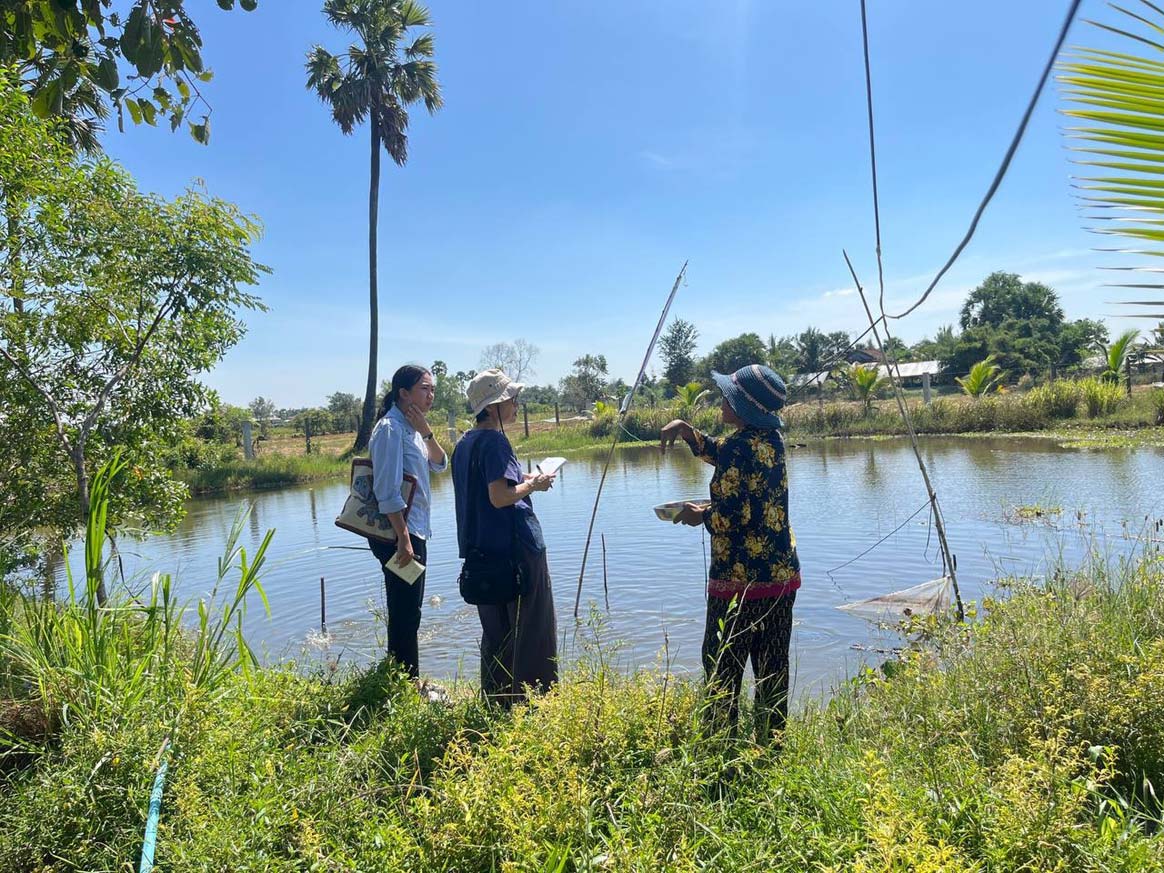
This project is a collaboration between several institutions including GAFS, Asian Institute of Technology (AIT) as project leader, Cambodian Institute for Research and Rural Development (CIRD), University of the Philippines Visayas (UPV) and the Department of Fisheries, Royal Thai Government (DoF).
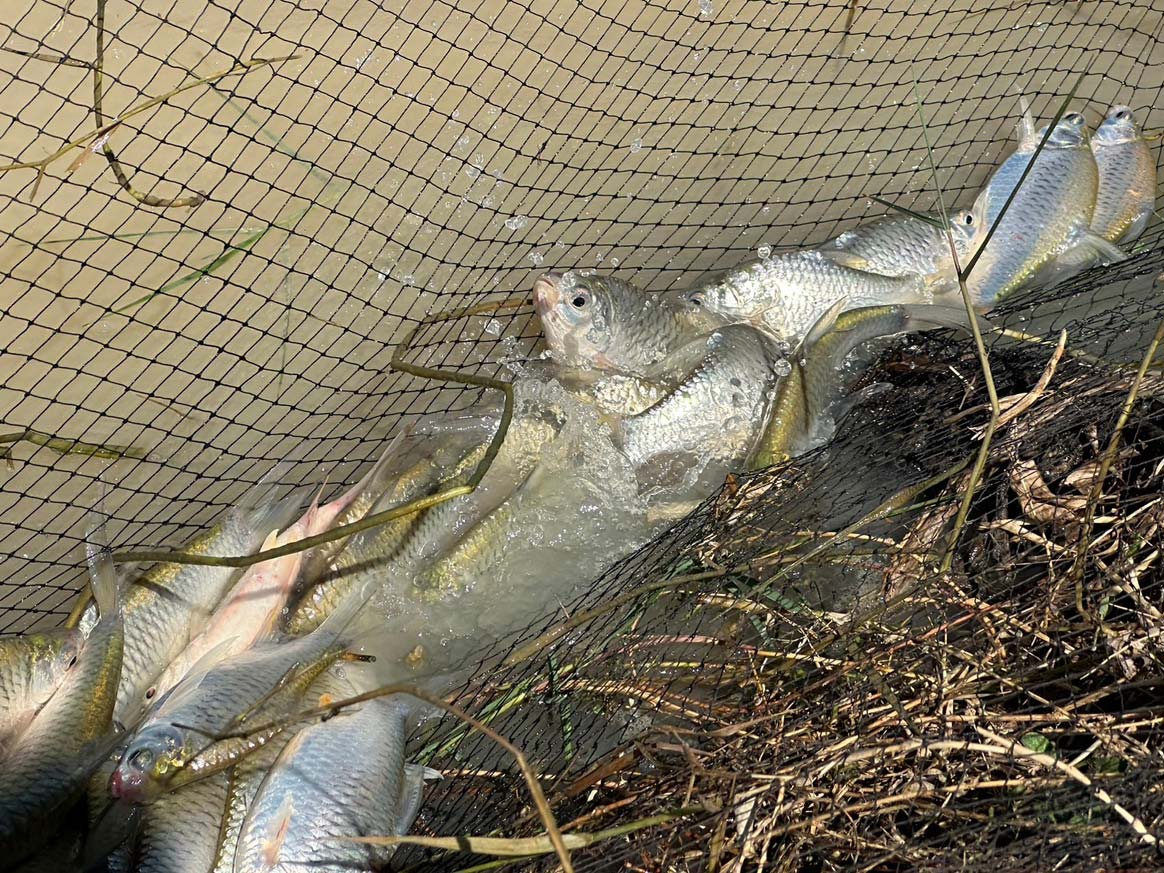
IDRC’s AQUADAPT program aims “to integrate aquacultural Nature Based Conservation Solutions in Aquaculture (NbCS) approaches into climate change adaptation (CCA) and mitigation (CCM) strategies, transforming aquaculture from an unsustainable, inequitable food system to an effective climate solution that addresses biodiversity loss, environmental sustainability, and nutritional and livelihood security for people of all genders and marginalized groups in SEA.” Gender remains an important cross-cutting concern for IDRC across all projects in the AQUADAPT program, and therefore, the GeNA project has also been supporting the projects through expert clinics and sessions about gender at the peer-learning workshops as well as through participating in gender working group meetings.
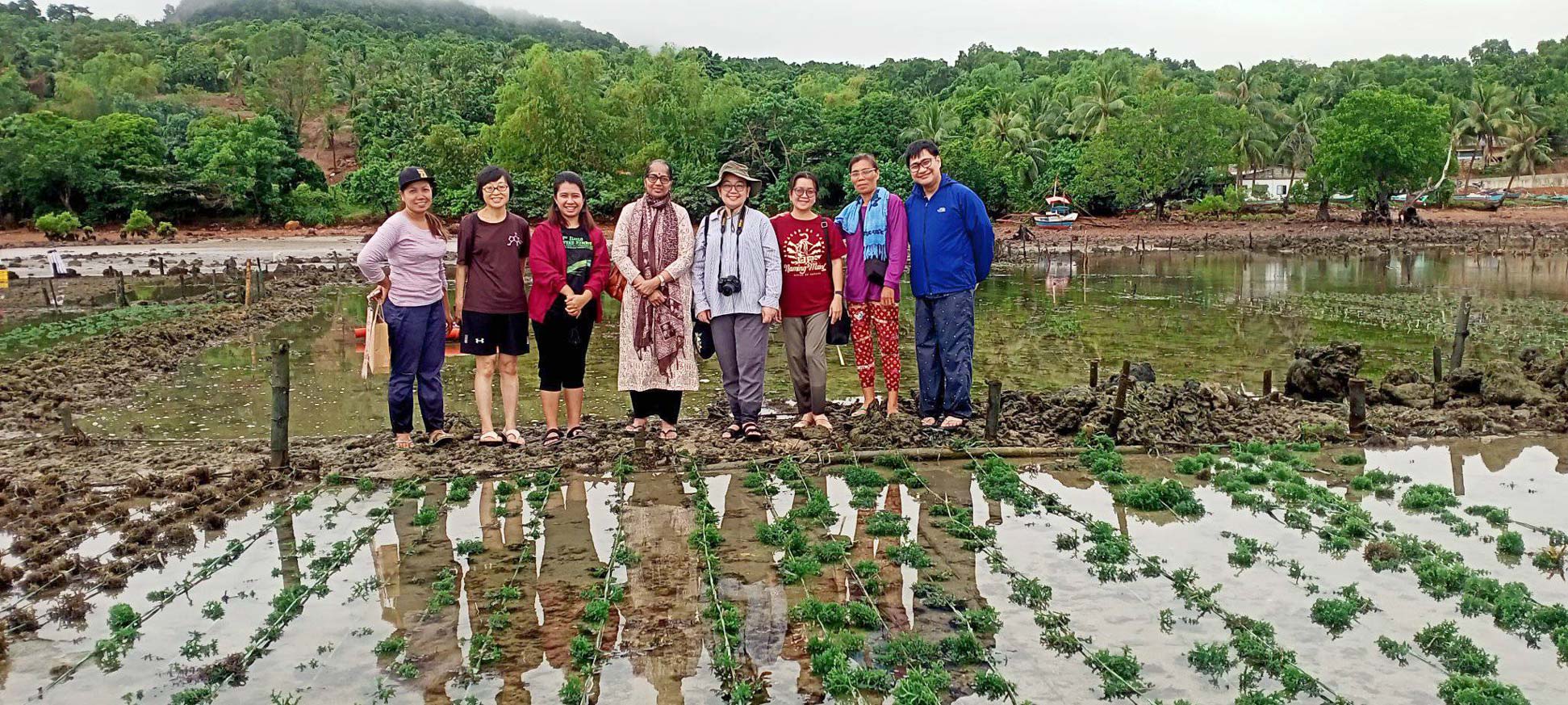
The first project activity has been completed following desk reviews developed by two consultants, Dr Victoria Syddall and Dr Lowine Hill. Dr Victoria Syddall conducted a review of publications on the topic “Gender monitoring and evaluation in aquaculture” and concluded that gender-responsive MEL needs to challenge gender stereotypes, societal norms, and social inequalities that hamper gender and social inclusion (GESI) and biodiversity outcomes at multiple levels from the household to the international centres of government. Dr Lowine Hill reviewed literature on the topic "Gender and NbCS aquaculture systems" and found that there is limited information on the topic of the dynamics of gender inclusivity in NbCS technology development within the aquaculture sector. Despite the potential of NbCS to foster sustainable development in aquaculture systems, current implementations often fail to fully engage women and other genders and identities.
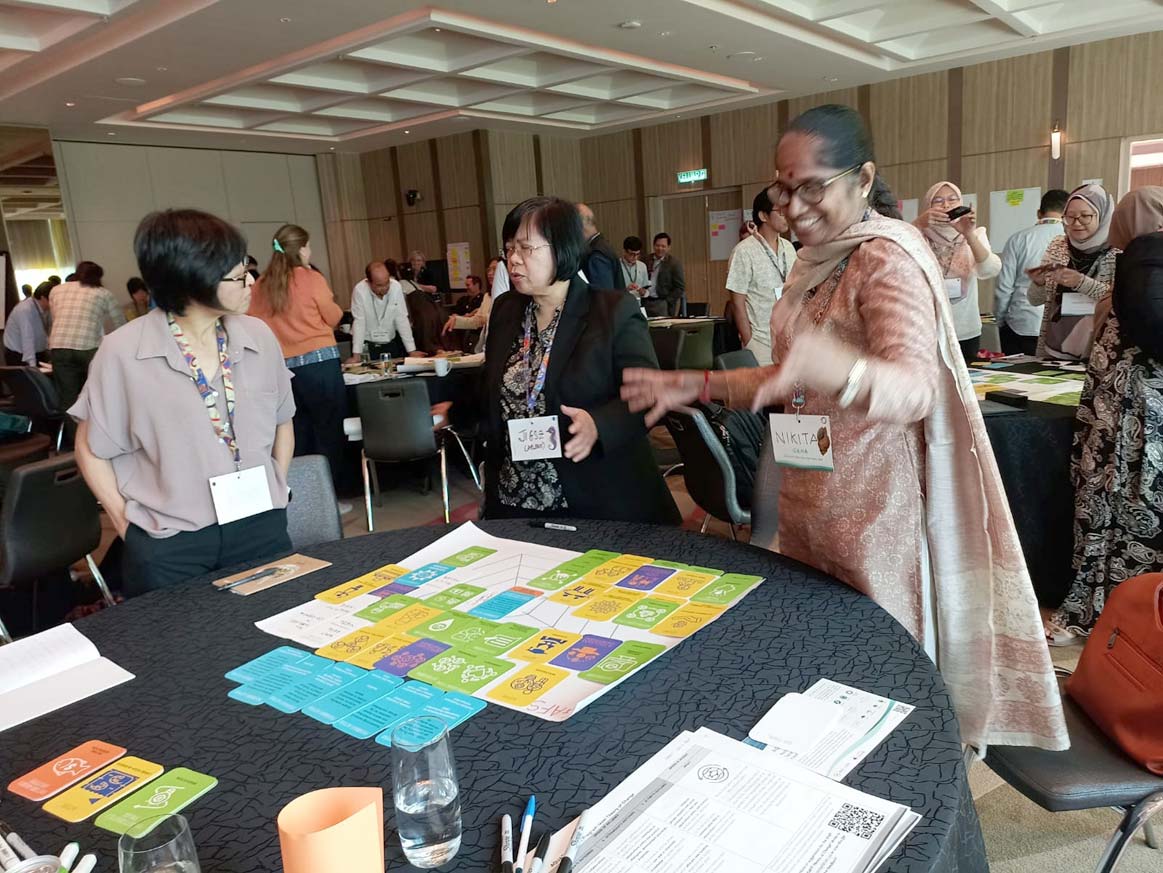
The second activity is to develop a draft gender monitoring schema. Using the inputs from the two desk reviews, the GeNA team developed a draft of the gender monitoring schema in mid-2024 after a detailed discussion on the finding of the two desk reviews and their applications. The gender monitoring schema aims to monitor the NbCS aquaculture project on an ongoing basis to ensure that the process of change is captured through a gender lens, to track not only what actions are helping women/marginalized people, but also how it is helping them. Further, the schema can be contextualized to suit different cultures, while also retaining the core principle of ensuring an equitable distribution of benefits in a sustainable and environmentally-responsible manner. By introducing the gender monitoring schema into NbCS projects, the idea is to ensure that new technology that is being developed and introduced is done in a participatory manner and thereby becomes a gender-transformative tool. The gender monitoring schema has been developed keeping in mind not only the different domains that impact on the equitable distribution of benefits from the innovation and implementation of NbCS technology through aquaculture development projects, but also the larger gender transformative potential of such projects. The schema is also reflexive and can be contextualized to suit the local culture and power dynamics.
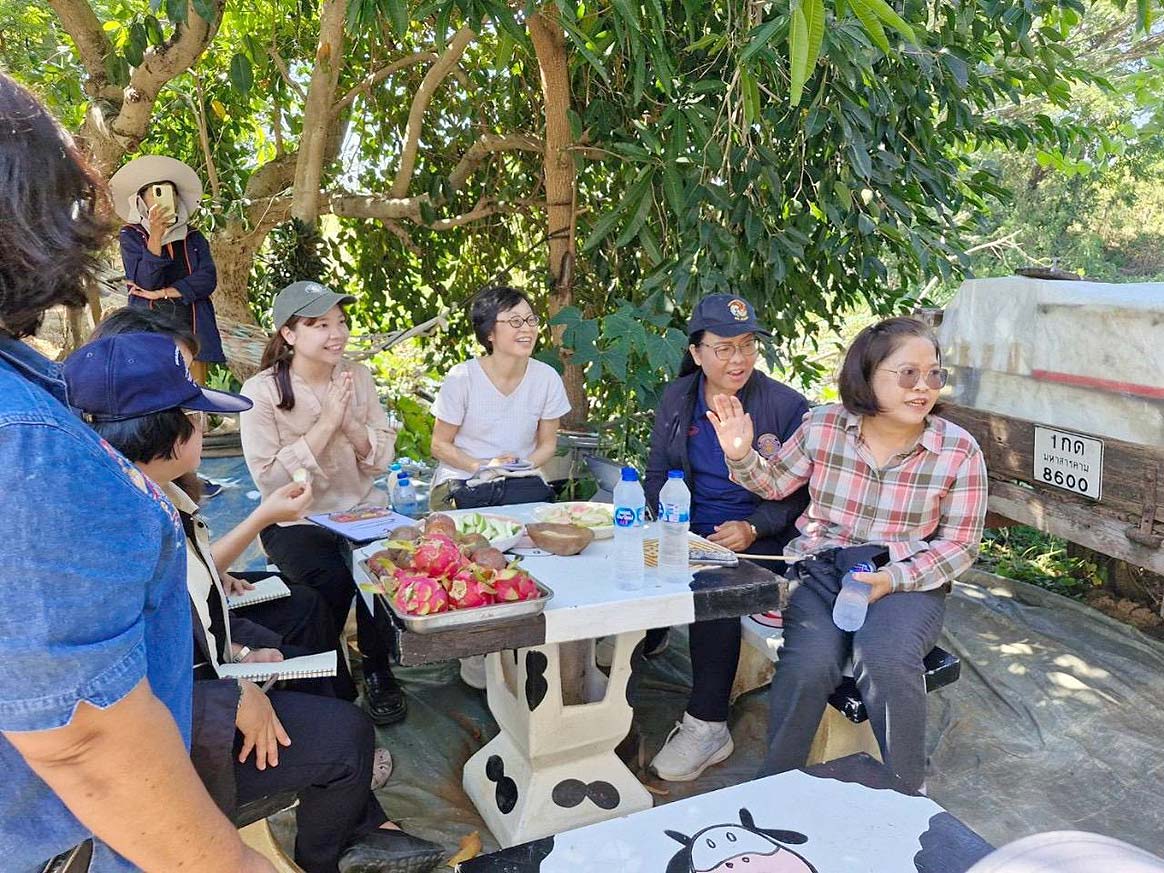
The third activity of the project is to identify pilot sites and implement the gender monitoring schema at these pilot sites. The partners for fieldwork are Department of Fisheries in Thailand, University of the Philippines Visayas in the Philippines and the Cambodian Institute for Research and Rural Development in Cambodia. They are well advanced in identifying sites which are practicing nature-based aquaculture, specifically rice-fish culture and seaweed culture.
Subsequently, gender analysis will be conducted to capture the nuances of rice-fish and seaweed farming in each context and stakeholder meetings will be held at the pilot sites to ensure that information about the gender monitoring schema is shared with all stakeholders and experiential knowledge from farmers and scientists at all levels are incorporated into the project to further refine the Gender Monitoring Schema.
This will be shared during the AQUADAPT Peer-Learning event will be held in Thailand on October 5-6, 2025 in Thailand.
For more details visit
https://gena-project.ait.ac.th/.
